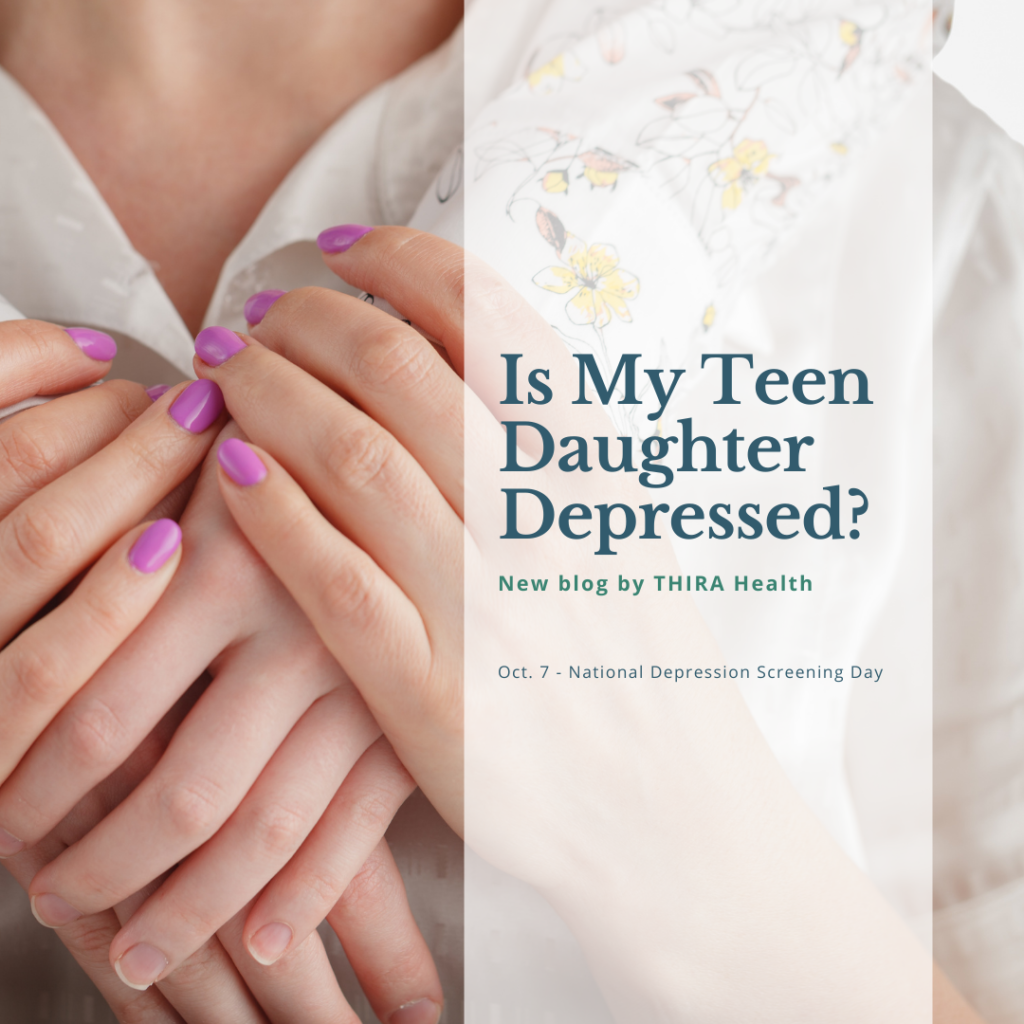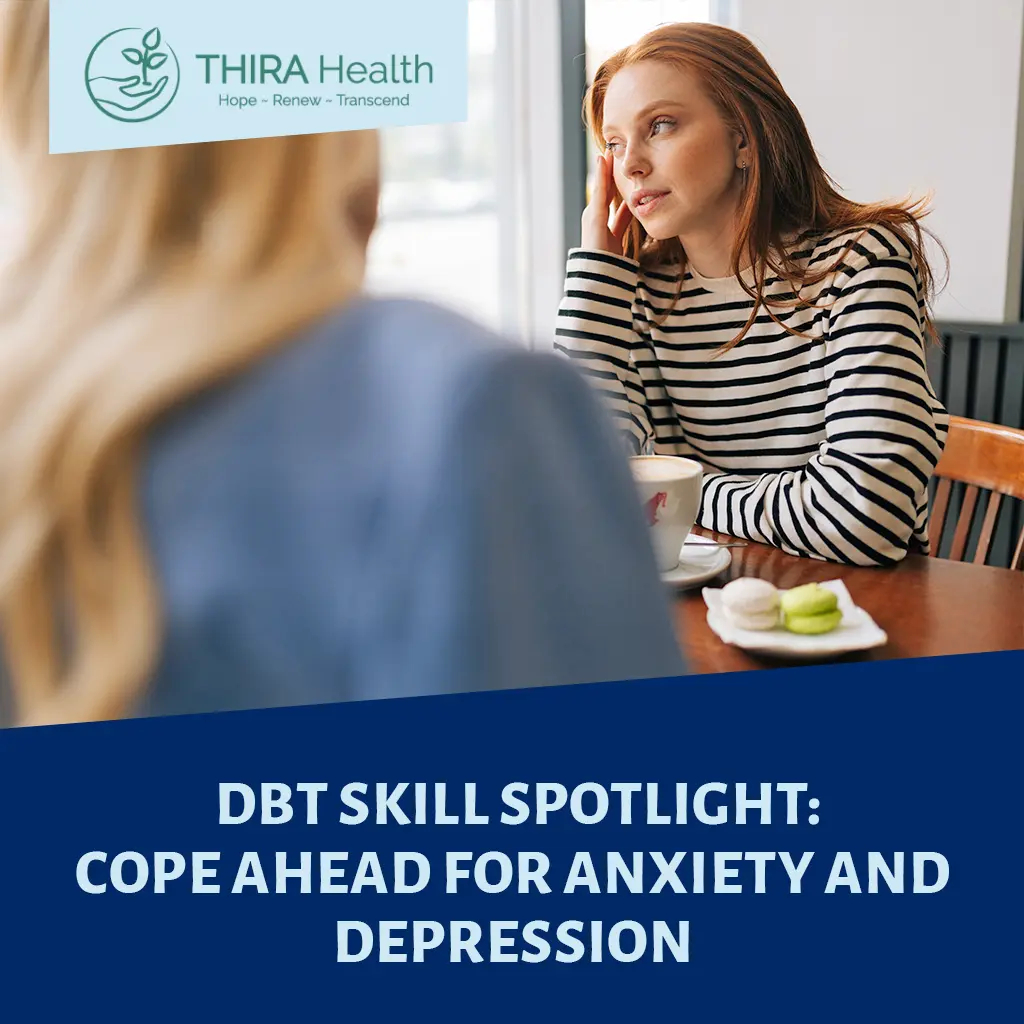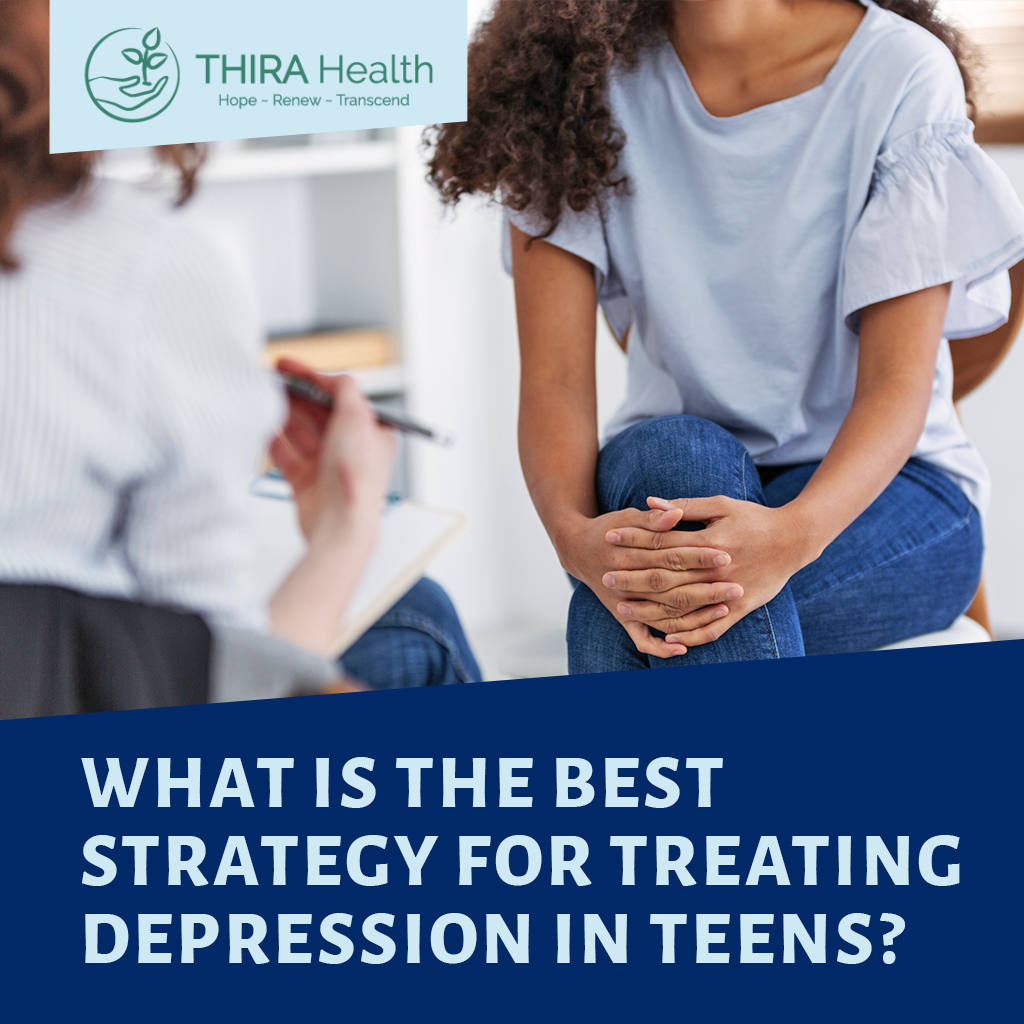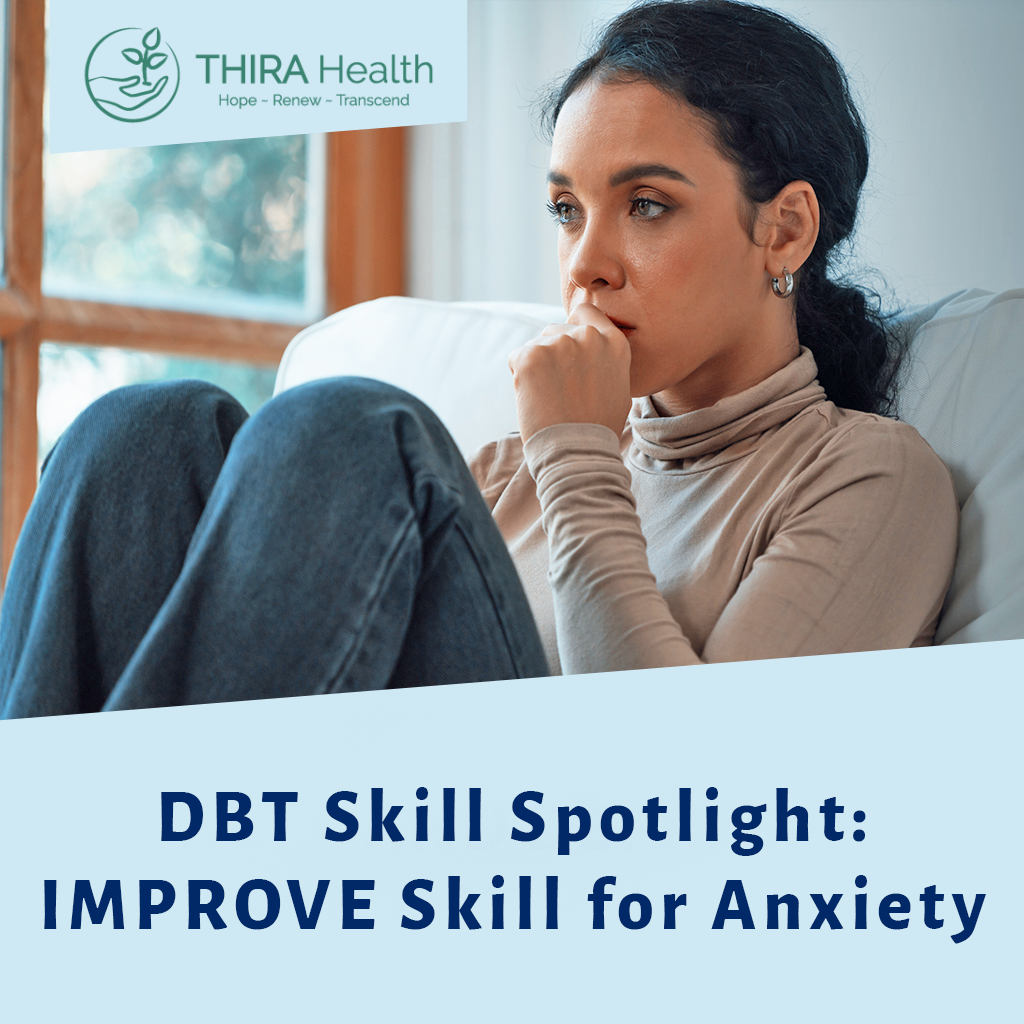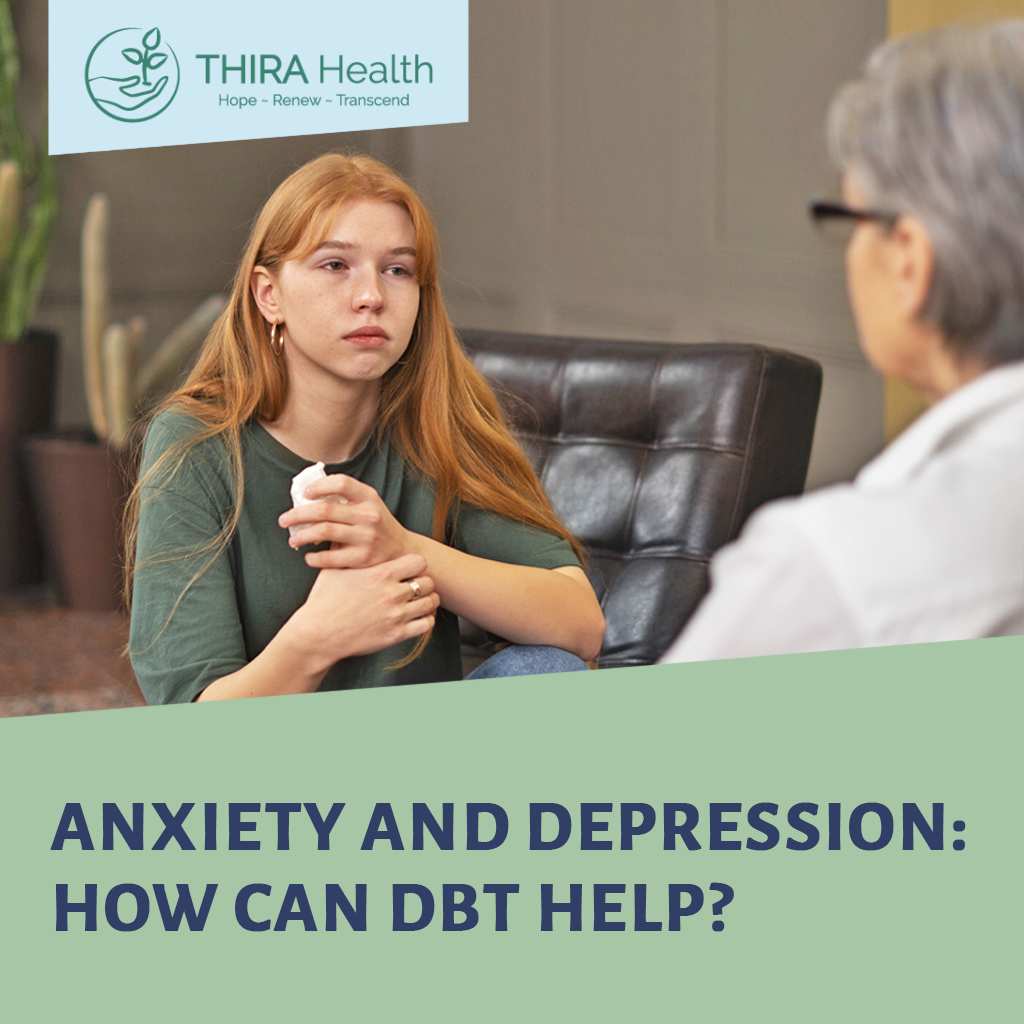National Depression Screening Day – Thursday, Oct 7th
Today on National Depression Screening Day, we aim to answer an important question for the parents out there seeking answers: is my teen daughter depressed? Perhaps mood disorders run in the family, and you want to be extra cautious and proactive when it comes to your family’s mental health, or maybe your own stint in the depths of depression has stirred at something in the way your teen daughter moves throughout her day or communicates with the family. Or maybe you feel out of your depths in more ways than one and are just searching for any answer to explain the angry heathen that has replaced your darling baby girl. Regardless of how you found your way here, the advice is always the same: begin by educating yourself about how depression looks in women and teens.
Depression and Your Teen Daughter
First, an explanation is due. We chose to focus this article on teen girls both because it is a specialty of our program and because the research tells us that by mid-adolescence, girls are more than twice as likely to be diagnosed with a mood disorder as boys, with the prevalence nearing adult levels at 14 to 20 percent.
Research in brain scans has confirmed evolutionary theories about the differences in the ways that teen girls and boys are hard-wired to process emotions. Teen girls reach emotional maturity faster—a skill that was once advantageous for nurturing babies—but that sensitivity seems to have made them more vulnerable to depression and anxiety. Even as society has adapted to allow for less strict adherence to gender roles, the rate of depression in women hasn’t dropped, furthering the hypothesis that emotional sensitivity is part of a woman’s hard-wiring.
Symptoms of a Depressed Teen Daughter
The first thing that parents often notice when trying to discover whether their teen daughter is depressed is withdrawal. At home with your daughter, you may notice that she is spending more time alone in her room. Beyond not wanting to spend time with the family, she is equally avoiding the company of her friends and doesn’t want to engage in activities she previously enjoyed. Of course, you will also need to balance your concern for her changing behavior with the normal development of a teenager’s interests and independence.
The quality of your relationship with your teen may be another telltale sign of a deeper issue. Both sadness and irritability are common symptoms of depression, although we often forget the latter. Compounded by changes in appetite, energy level, sleep patterns, and academic performance, there may be a real strain developing between you and your daughter as a result of depression. However, because depression is an internalizing disorder, it often takes some of these outward presentations for others to recognize the symptoms for what they are and seek treatment.
Other Symptoms To Look Out For
One particularly troubling problem that is directly associated with teenage depression is suicidal thinking or behavior. According to the World Health Organization, suicide is the third leading cause of death among adolescents and young adults aged 15 to 24, and we know that teenagers who hide their depression from parents and friends are most at risk. That’s why it’s important to be alert to the symptoms described above, even when your daughter isn’t forthcoming about how she feels.
Other often overlapping problems associated with depression in teen girls are eating disorders and non-suicidal self-injury or cutting. While the research does not indicate that these issues are borne of the depression, they can become increasingly complicated by its presence.
Why Early Intervention is Critical
When your teen daughter is depressed, there is more at stake beyond just the occasional moodiness. Symptoms of depression often cause low energy and poor concentration, factors that are likely to significantly impact social and academic functioning during a critical period in your daughter’s life. Adding to challenges in confidence and self-image, these symptoms also have a way of fueling the depressive cycle and creating an even more complicated pattern to escape from.
Although depression is likely to create a divide in the home, the truth is that your daughter needs you more than ever. She needs you to try to understand her experience, and she needs you to connect her with the help she needs to move through this challenging time. In the words of our medical director here at THIRA Health, Dr. Tuesday Burns, M.D.,
“Depression lies. It casts a shadow over everything, distorting our perceptions of the world around us and ourselves. Depression is heavy, weighing us down with hopelessness and shame. It separates us from our loved ones, our supports and our sense of self. Depression lies – it will tell you that you’re all alone, that you are un-deserving and that you’ll never be yourself again. With all of this weight and shame and exhaustion, many feel unable to seek out help for their depression. That’s why screening for depression in all-comers is so essential. Depression lurks everywhere, in our families, in our circles of friends, at work and at school. Shining light on depression and offering support reduces the shame and the stigma. Screening for depression can bring help to those that would otherwise still be left alone in the shadows. Screening for depression saves lives.”
After reading this article, if you think that your teen daughter is depressed, reach out to us today to learn more about how THIRA Health can support you and your daughter now and offer treatment to help you secure a better tomorrow.

